Introduction
Oxytocin, also known as the “love hormone,” is a naturally occurring hormone that plays a crucial role in reproduction, social bonding, and emotional regulation. While it is well known for its function in inducing labor and stimulating contractions during pregnancy, oxytocin’s role extends far beyond childbirth. Oxytocin plays a significant role in sleep regulation, particularly in influencing sleep onset and quality.
Emerging research has also found that oxytocin may help improve certain sleep disorders. One study found that administering oxytocin to patients with obstructive sleep apnea (OSA) led to a significant decrease in the frequency of hypopneas and accompanying arousals.[1] The same study reported that oxytocin leads to a significant increase in total sleep time. Understanding oxytocin’s influence on sleep is thus essential due to its potential clinical applications. In this week’s article, we will be diving into oxytocin’s role outside of pregnancy. Specifically, we will take a look at its role in sleep regulation, its effects on wakefulness, and its potential applications in treating sleep disorders.
Oxytocin in Promoting Sleep
A key neurological function of oxytocin is creating a calming state in a person by reducing stress and anxiety. In the brain, the key structure involved in creating stress and anxiety is the amygdala. This structure is also what is responsible for the “fight-or-flight” response as well as fear processing in general. One study has found that through intranasal administration of oxytocin, activity in the amygdala is reduced. [2] As a result, stress and anxiety responses are reduced which aids in helping a person feel calm.
The same study reported that oxytocin decreases cortisol levels. Cortisol plays a key role in stress regulation and is one of the primary hormones involved in the fight or flight response. Thus, a reduction in cortisol levels would likely also lead to a reduction in stress, further creating a calming effect in one’s body. When all of these factors are combined, a person is more likely to feel relaxed and is thus able to fall asleep with greater ease.
Oxytocin in Promoting Wakefulness
Most interestingly, oxytocin can also promote wakefulness, directly countering its ability to promote sleep. Recent studies have shown that oxytocin can lead to an increase in sensitivity to social and emotionally significant stimuli, specifically those related to fear and bonding.[4] As a result, the study found that quiet wakefulness was promoted (quiet wakefulness refers to a state of being awake yet calm and relaxed).
These findings raise questions about oxytocin’s dual role in sleep and wakefulness. Its ability to foster relaxation is directly countered by its ability to create heightened awareness. Given oxytocin’s dual effects, its role in sleep may be more complex than current research suggests. However, much of this role is still largely unknown and current research on the topic is minimal.
Oxytocin and Obstructive Sleep Apnea (OSA)
Beyond its general effects on sleep, there is promise that oxytocin can improve sleep quality in those struggling with sleep disorders like OSA, a condition where an individual repeatedly experiences interruptions in their breathing during sleep. In 2017, eight patients with OSA (ranging from moderate to severe) were administered oxytocin intranasally. By the end of the study, it was found that oxytocin had decreased hypopnea duration from 33.5 ± 2 seconds to 27.3 ± 1.6 seconds. Hypopnea events tend to be followed by arousals, or awakenings from sleep. The study also found that there was a decrease in the ratio of hypopnea events with arousals to all hypopnea events (74.1 ± 3.7% to 55.6 ± 5.3%). Additionally, total sleep time increased from 414 minutes to 459 minutes. [3]
These findings suggest oxytocin’s potential as a novel treatment for OSA. While further research is needed to confirm oxytocin’s long-term benefits, the current study suggests that oxytocin’s ability to reduce nighttime disruptions in breathing could improve sleep quality and increase overall sleep duration.
How Can I Increase my Oxytocin Levels?
Throughout this article, we have mostly looked at studies in which oxytocin was manually administered to patients. However, oxytocin is also naturally produced by the body. Although it is more commonly produced during pregnancy, both men and women can utilize methods to naturally release oxytocin. There is a reason why oxytocin has earned its nickname as the “love hormone.” Physical touch, such as hugging and cuddling, are both ways in which oxytocin release can be promoted. However, other acts of intimacy like spending time with friends or a loved one can lead to increased oxytocin levels. And, in turn, the increase in one’s oxytocin levels can lead to a better night’s rest.
Conclusion
Although much of oxytocin’s role in sleep remains a mystery, what is known can and should be taken into account when working on improving one’s sleep. Its ability to reduce stress and lower cortisol levels makes it an effective sleep-promoting hormone. Additionally, oxytocin’s influence on attention and emotional awareness can lead to a second function in promoting wakefulness, suggesting that oxytocin’s role in sleep could go beyond what is already known. Lastly, oxytocin holds great potential when it comes to treating certain sleep disorders such as obstructive sleep apnea.
While oxytocin can be administered medically, natural methods–such as physical touch, bonding, and relaxation techniques–can also boost its levels and enhance sleep quality. While research on oxytocin’s role in sleep is still evolving, future studies may unlock new, non-invasive treatments for sleep disorders. As they do, we may see new, non-invasive treatments with oxytocin arise for sleep disorders.
References
- Dev-Site. “6 Effects of the ‘Love Hormone’ Oxytocin: Makati Med.” Makati Medical Center, 7 Feb. 2020, www.makatimed.net.ph/blogs/6-effects-of-the-love-hormone-oxytocin/#:~:text=5.,the%20brain%20naturally%20induces%20sleep.
- Dr. Liji Thomas, MD. “Pregnancy and Oxytocin.” News Medical Life Sciences, News Medical, 24 Aug. 2021, www.news-medical.net/health/Pregnancy-and-Oxytocin.aspx#:~:text=Even%20as%20they%20rise%2C%20oxytocin,increased%20uterine%20activity%20at%20night.
- Jain, Vivek, et al. “Benefits of oxytocin administration in obstructive sleep apnea.” American Journal of Physiology-Lung Cellular and Molecular Physiology, vol. 313, no. 5, 1 Nov. 2017, https://doi.org/10.1152/ajplung.00206.2017.
- Mele, Kyle. “Beneficial Effects of Oxytocin in Sleep Apnea.” Health Sciences Research Commons, Himmelfarb Health Sciences Library, spring 2017, hsrc.himmelfarb.gwu.edu/gw_research_days/2017/SMHS/41/.
- Raymond, Joel S, Nicholas A Everett, et al. “Quiet wakefulness: The influence of intraperitoneal and intranasal oxytocin on sleep–wake behavior and neurophysiology in rats.” SLEEP, vol. 46, no. 7, 11 Apr. 2023, https://doi.org/10.1093/sleep/zsad112.
- Raymond, Joel S., Simone Rehn, et al. “The influence of oxytocin-based interventions on sleep-wake and sleep-related behaviour and neurobiology: A systematic review of Preclinical and Clinical Studies.” Neuroscience & Biobehavioral Reviews, vol. 131, 18 Oct. 2021, pp. 1005–1026, https://doi.org/10.1016/j.neubiorev.2021.10.016.
- Raymond, Joel, et al. “024 quiescent wakefulness: Characterising the impact of oxytocin on sleep-wake behaviour in male and female rats.” Sleep, vol. 44, no. Supplement_2, 1 May 2021, https://doi.org/10.1093/sleep/zsab072.023.
- Takayanagi, Yuki, and Tatsushi Onaka. “Roles of oxytocin in stress responses, allostasis and resilience.” International Journal of Molecular Sciences, vol. 23, no. 1, 23 Dec. 2021, p. 150, https://doi.org/10.3390/ijms23010150.
- Uvnäs-Moberg, Kerstin, et al. “Self-soothing behaviors with particular reference to oxytocin release induced by non-noxious sensory stimulation.” Frontiers in Psychology, vol. 5, 12 Jan. 2015, https://doi.org/10.3389/fpsyg.2014.01529.











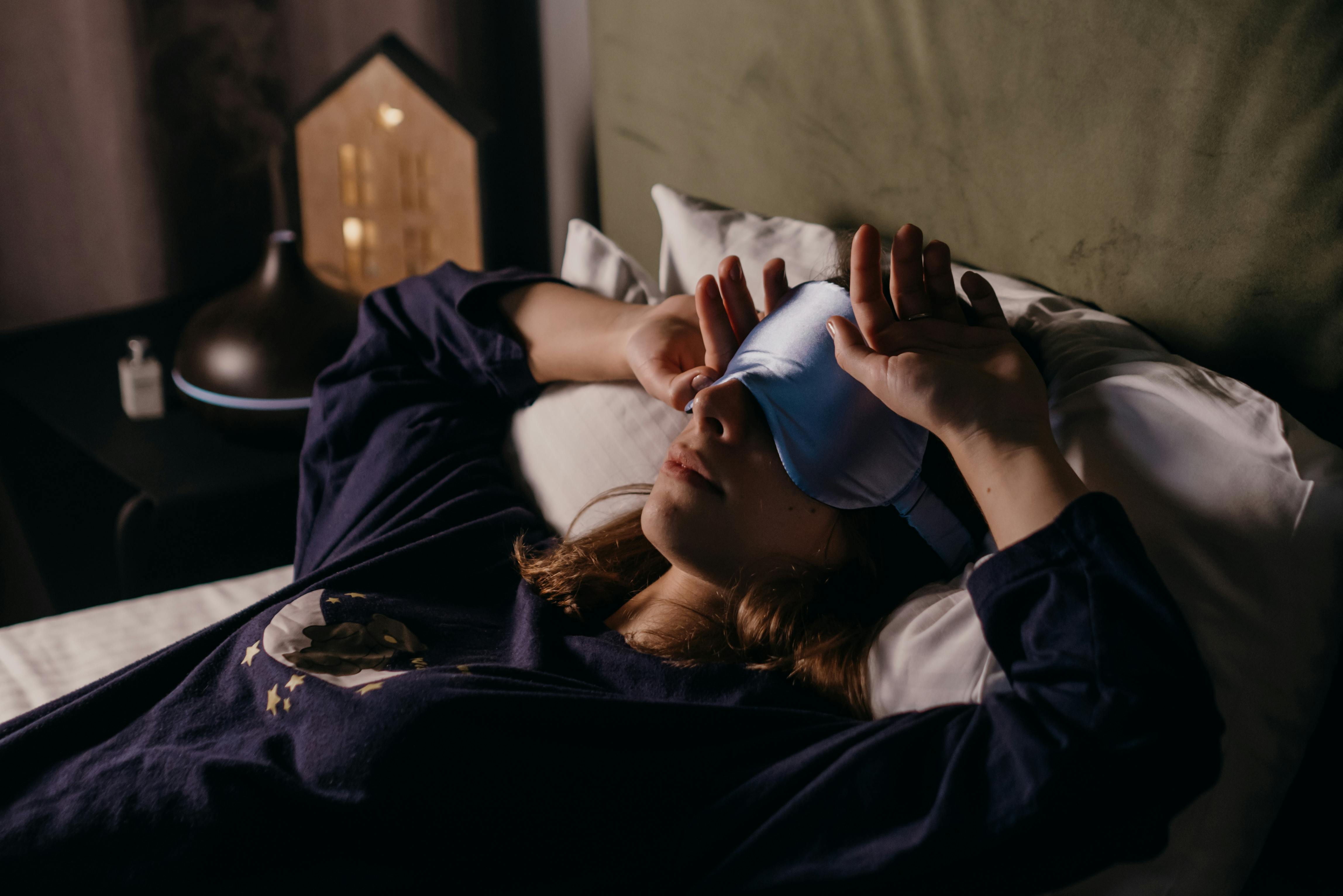

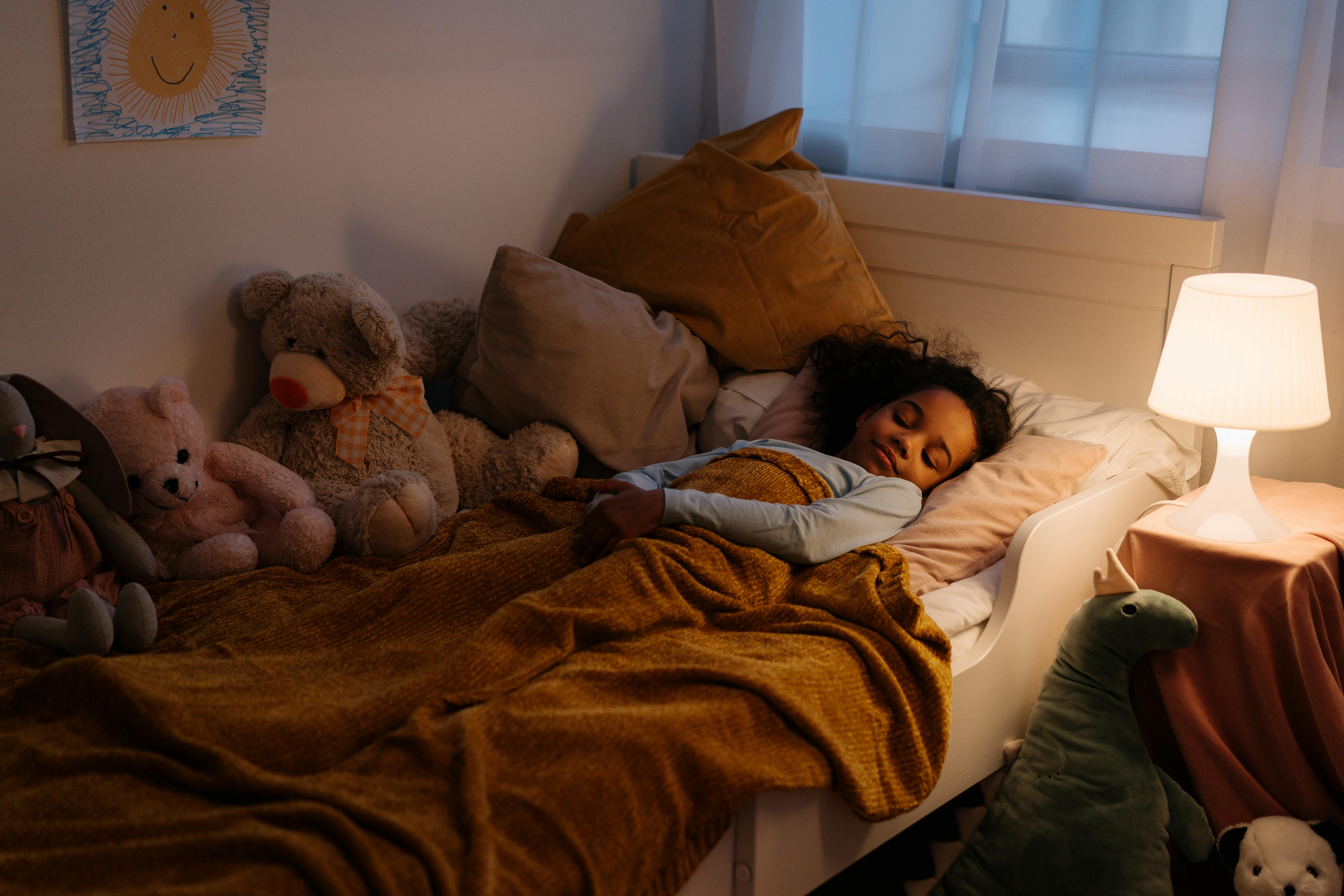


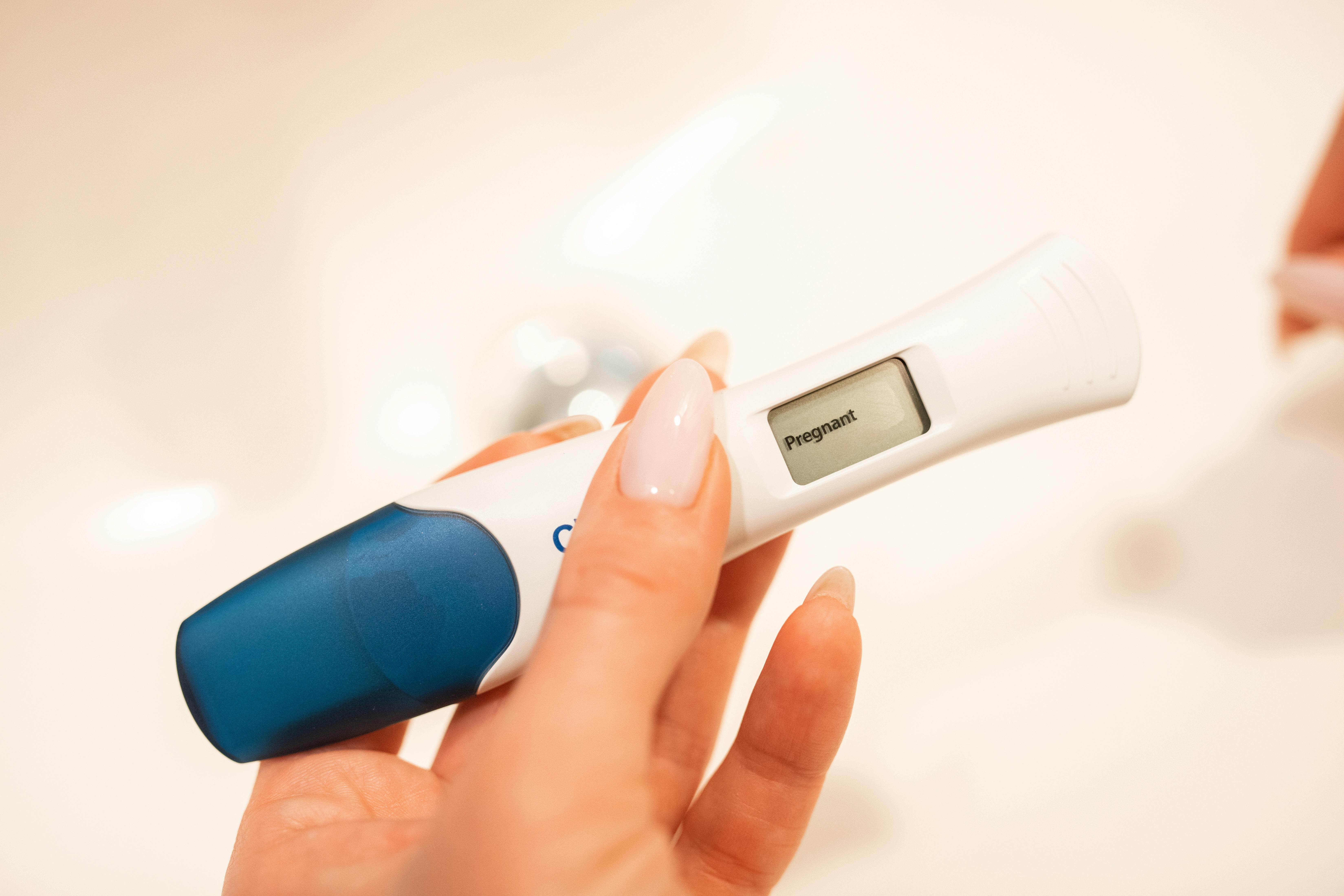





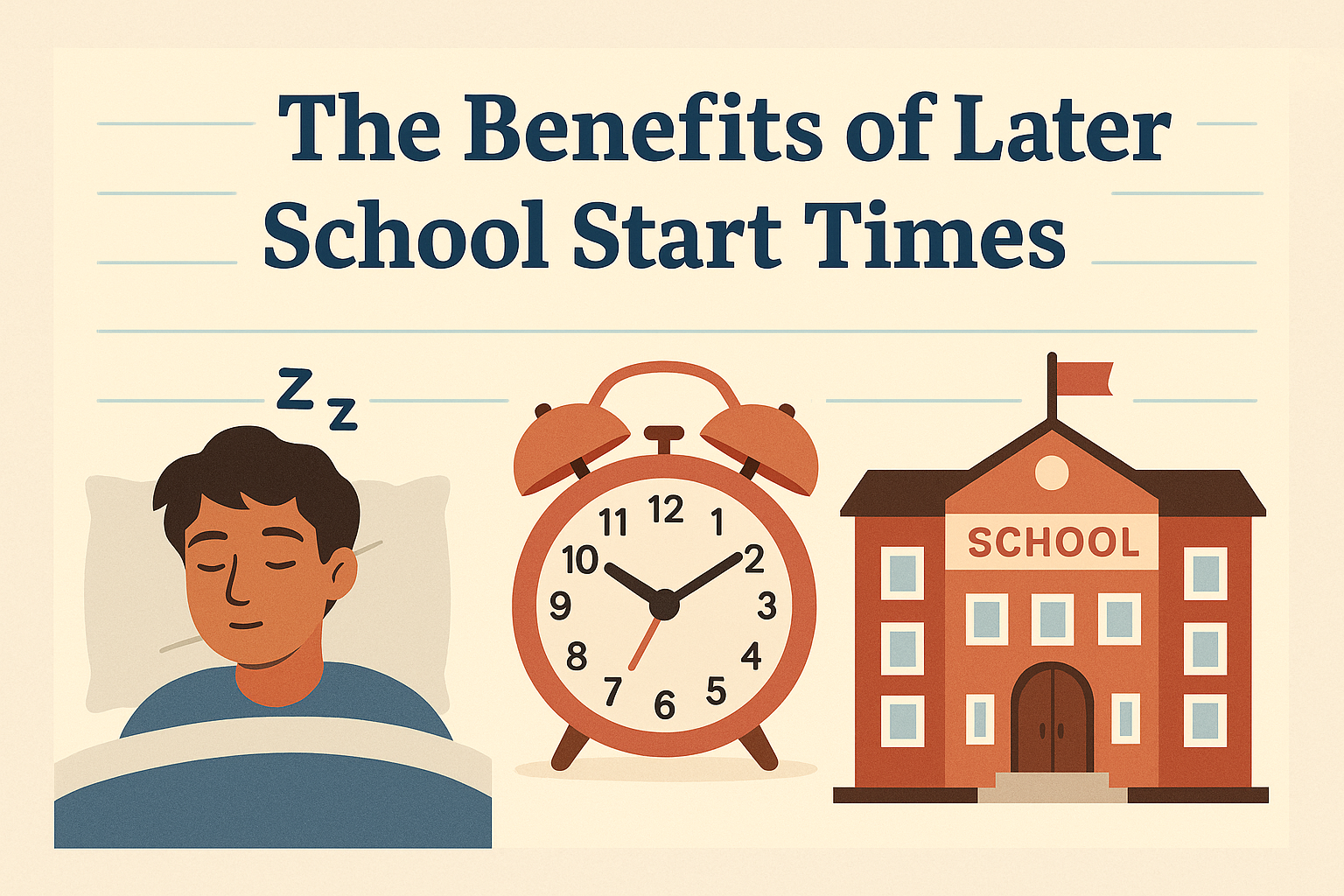

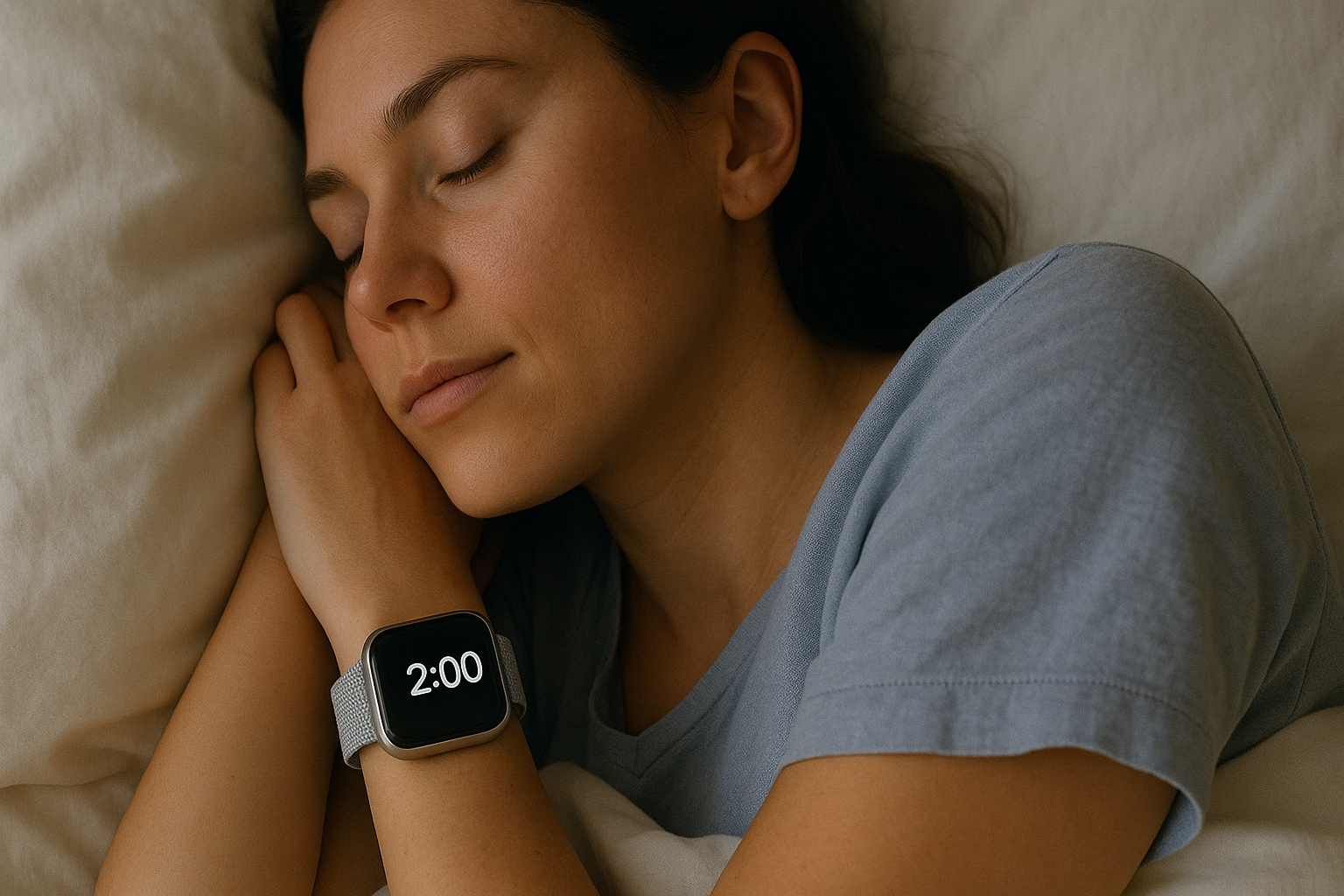


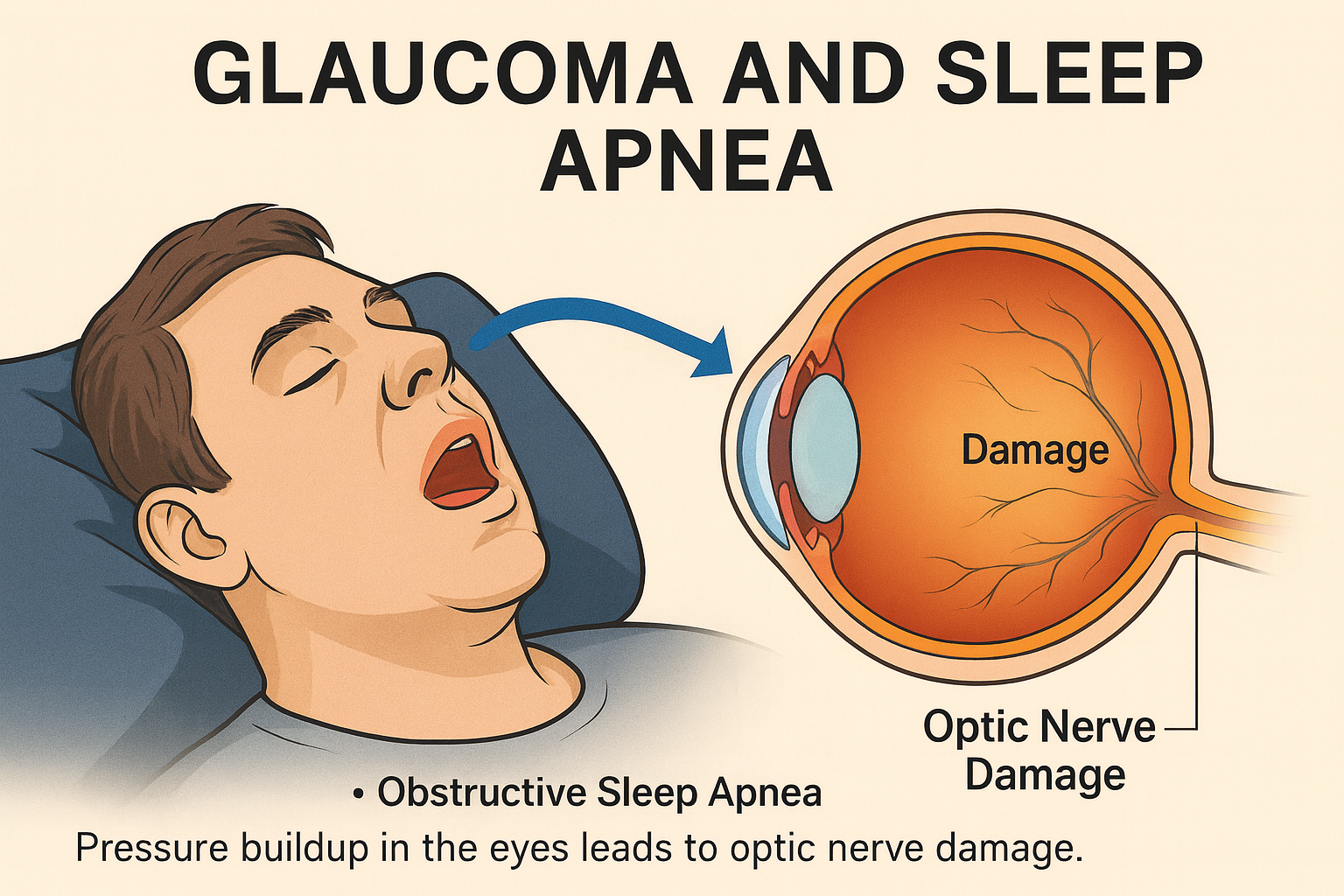

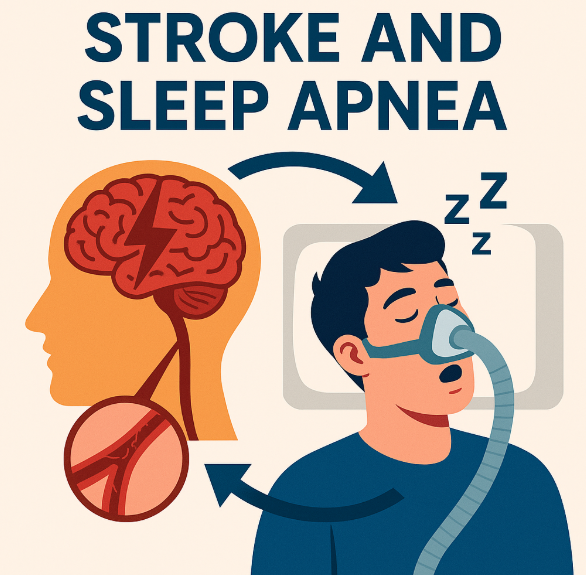
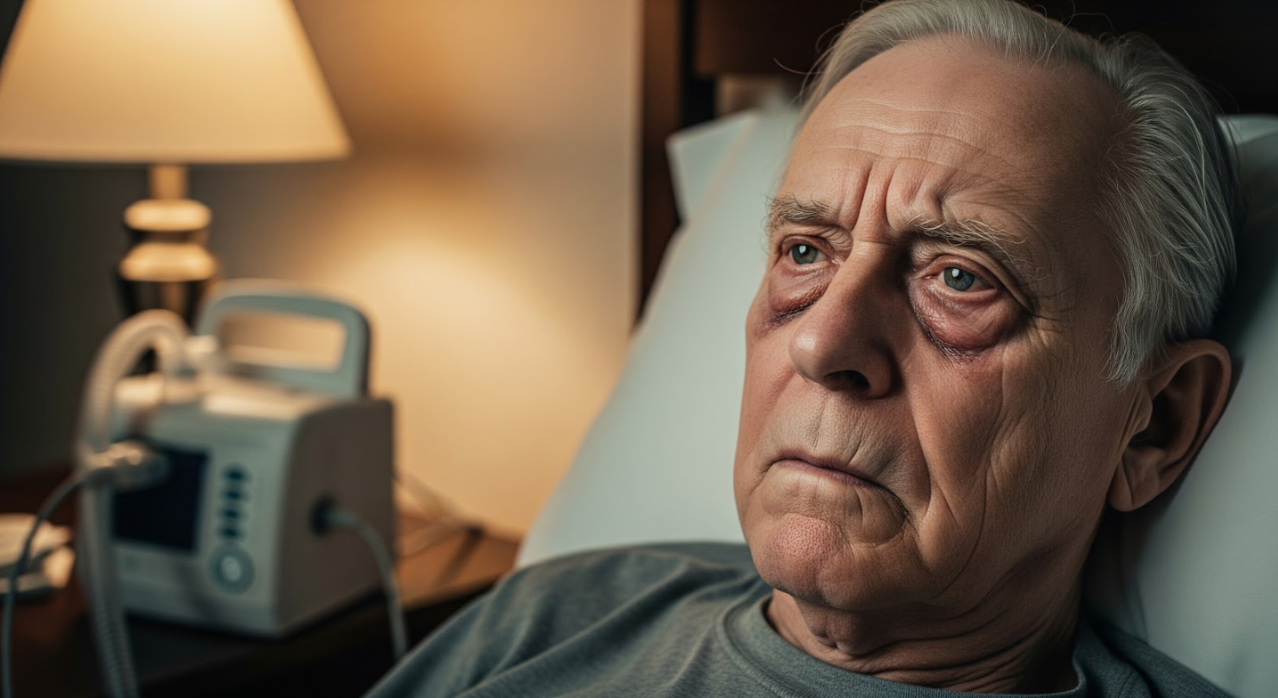






























































%20thumbnail.jpg)
.png)